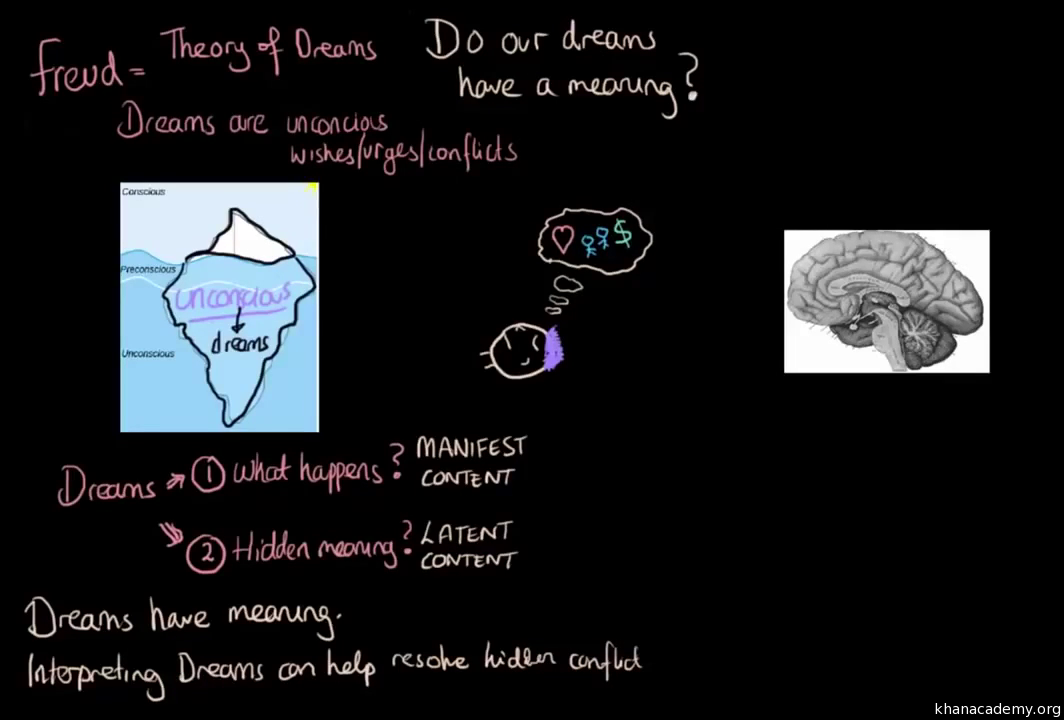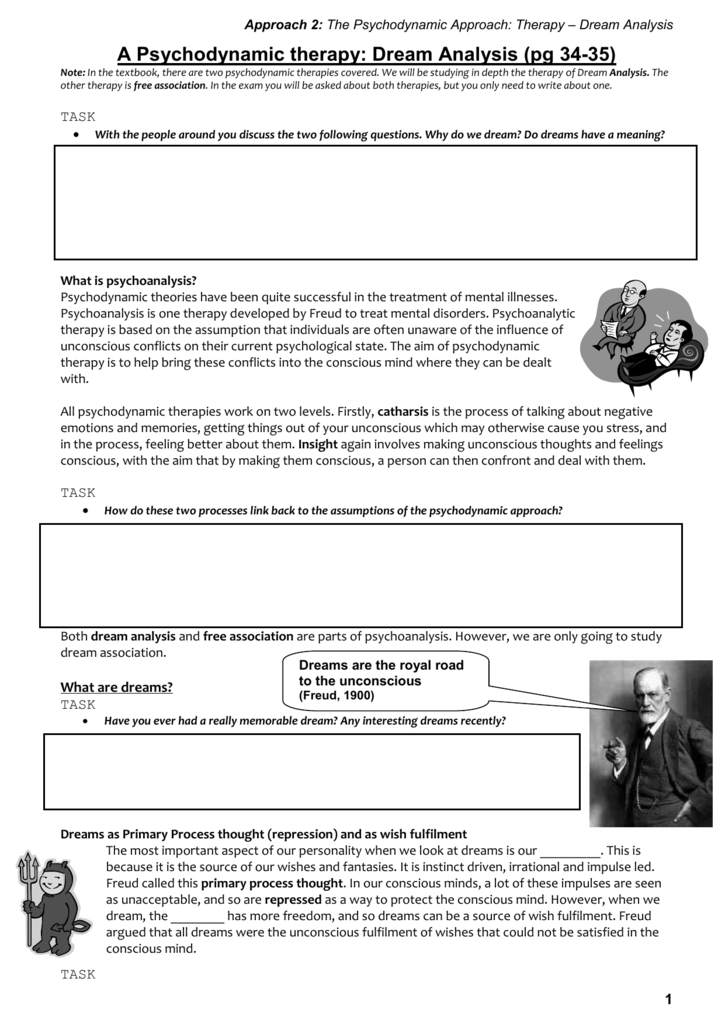Dream Analysis Theories

The physiological dream theories maintained that dreams.
Dream analysis theories. While freud and jung applied scientific principles in developing their theories of dream analysis it s still often considered a pseudoscience. Except for dr freud no one has influenced modern dream studies more than carl jung. A psychoanalyst based in zurich switzerland jung 1875 1961 was a friend and follower of freud but soon developed his own ideas about how dreams are formed. Criticism of dream analysis.
The freudian theory on dreams. 5 according to freud s view of personality people are driven by repressed longings and primitive thoughts such as aggressive and sexual instincts that are subverted from conscious awareness. Despite this rejection he is still popular for his theory on dreams. The dream theories of carl jung.
Consistent with the psychoanalytic perspective sigmund freud s theory of dreams suggests that dreams represent unconscious desires thoughts wish fulfillment and motivations. Dreams contain both manifest and latent content. To give you an idea below are the 3 most popular theories that can help you interpret your dreams. Freud believed that the manifest content of a dream or the actual imagery and events of the dream served to disguise the latent content or the unconscious wishes of the dreamer.
In his book the interpretation of dreams sigmund freud suggested that the content of dreams is related to wish fulfillment. In the ancient world and even today in some cases dreams were considered having some. Some of the important theories of dream developed to explain the causes of dream are as follows. A pseudoscience is a.
/dream-interpretation-what-do-dreams-mean-2795930-v1-8895d04e9efe477b9e22d78059f8e3b1.png)
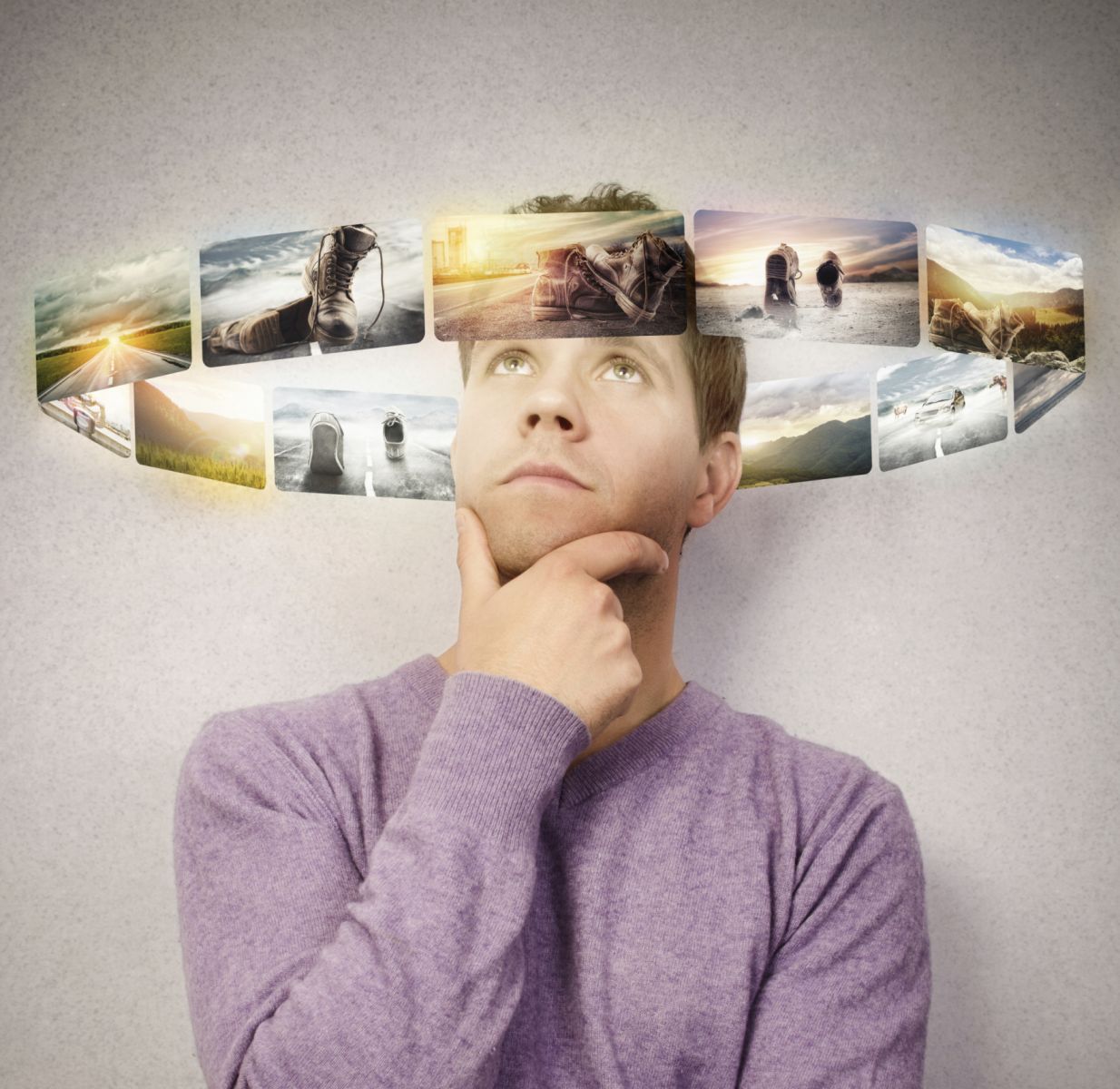




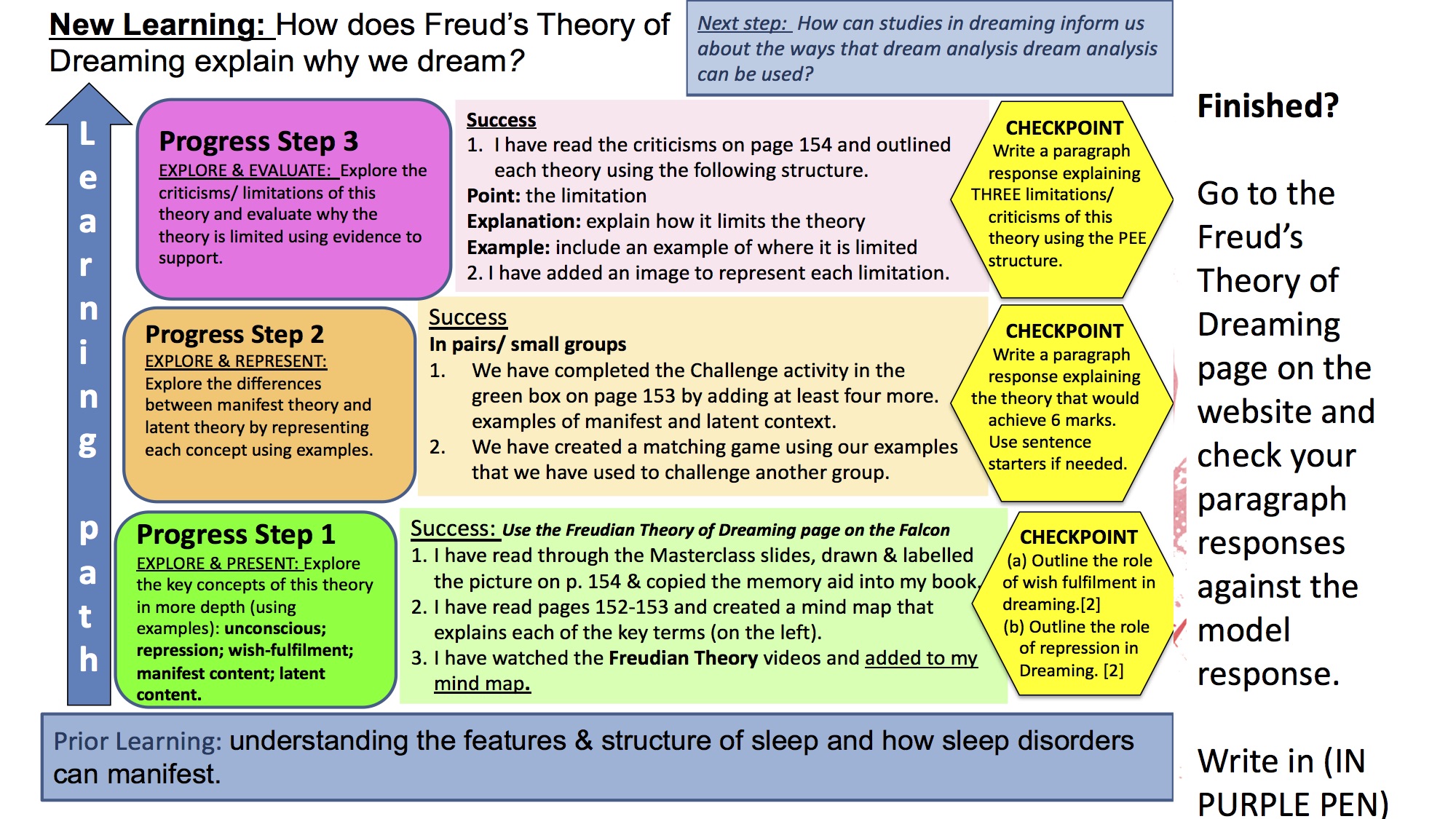

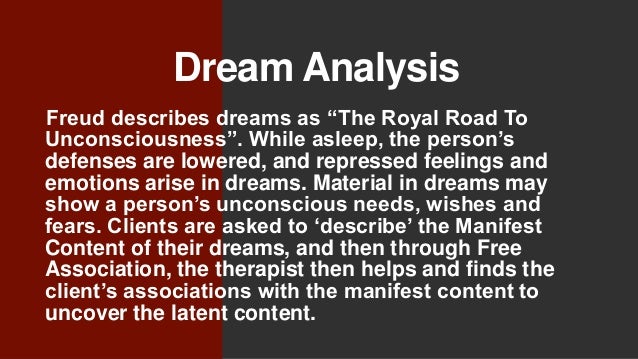


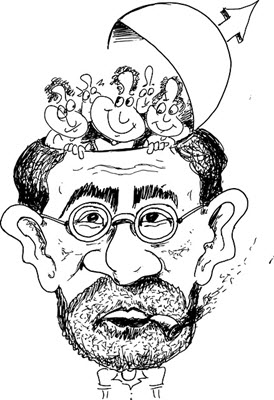
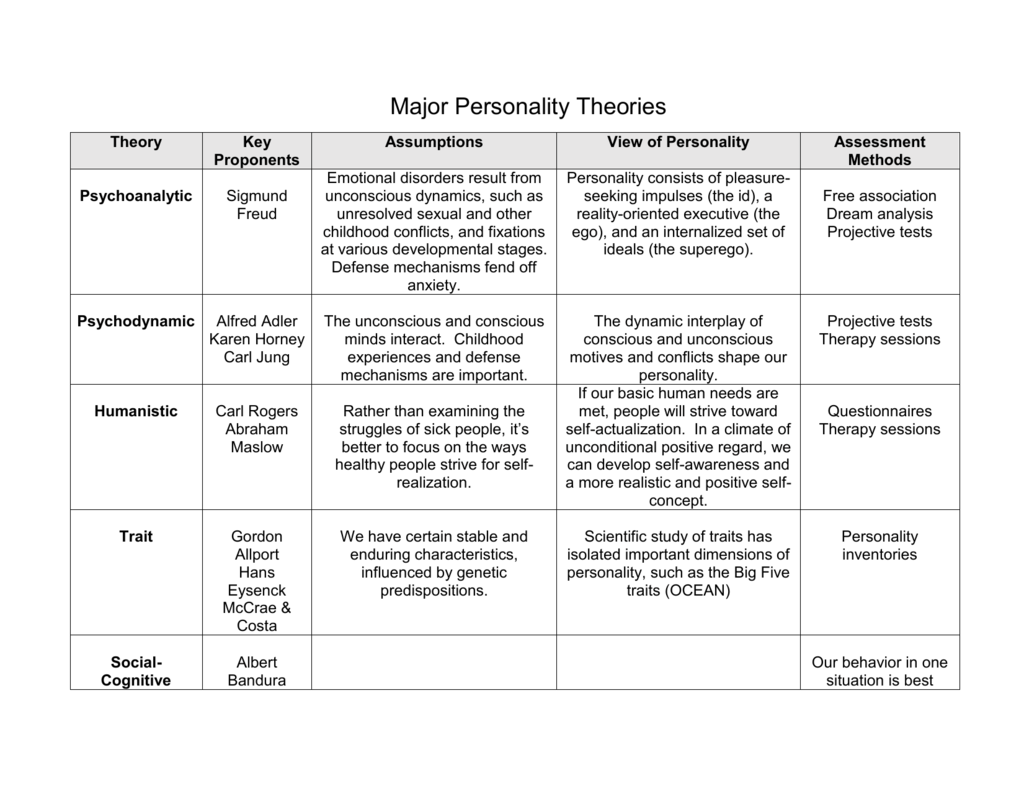
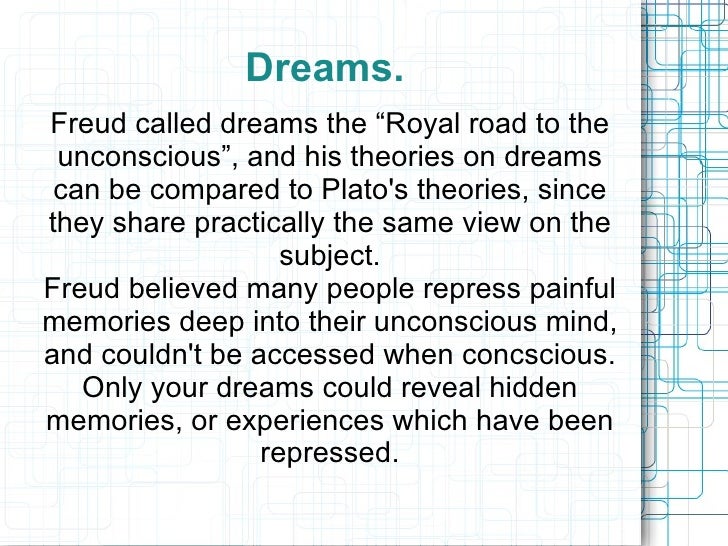

:max_bytes(150000):strip_icc()/GettyImages-56466229-56ff55b35f9b5861951dfbae.jpg)
